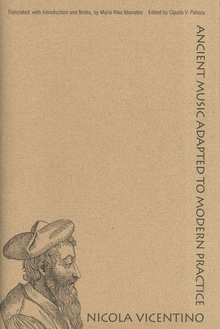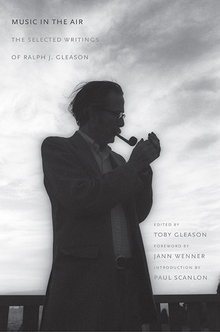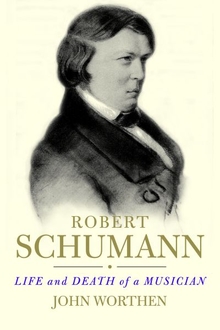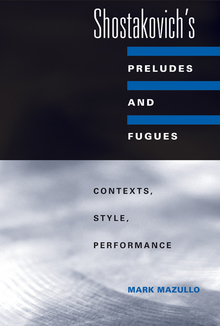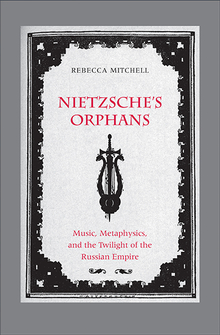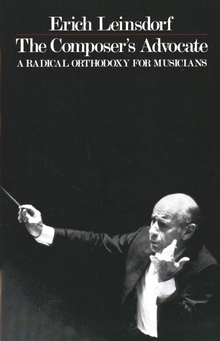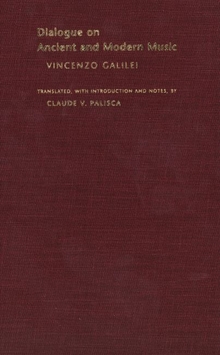Ancient Music Adapted to Modern Practice
WARNING
You are viewing an older version of the Yalebooks website. Please visit out new website with more updated information and a better user experience: https://www.yalebooks.com
Nicola Vicentino; Edited by Claude V. Palisca; Translated by Maria Rika Maniates
Out of Print
Unlike most early theorists, Vicentino did not simply summarize the practice of his time. His aim was to change how composers wrote and how musicians thought about music.
His best-known contribution is the adaptation of the ancient Greek chromatic and enharmonic genera to modern polyphonic practice. But he also expressed the avant garde's position on the relation between music and the subject matter and feelings of a secular or sacred text. He challenged the view that part-writing had always to conform to the rules of counterpoint, asserting that license was permissible in order to express the feelings of a verbal text. In this he anticipated the manifestos of Vincenzo Galilei and Claudio Monteverdi. Maniates' introduction discusses Vicentino's life and work, the sources of his ideas in earlier theoretical literature, and the contemporary humanists from whom he may have learned..
"An indispensable document for any student of mid- and late sixteenth-century music. In Rika Maniates' translation, we get a text which even Italians may find easier to read than the original, but which is true to Vicentino's intended meanings and preserves some of his tone."—Karol Berger, Stanford University
"A beautifully readable translation, with enough footnotes to clarify the text without their getting in the way."—David Fallows, Times Literary Supplement
"A must for all music libraries and schools with graduate programs."—Choice
"In a highly original, pain-stakingly systematic, and often pedantic volume, Vicentino tried to persuade his contemporary musicians that the traditional diatonic genre was in fact quite 'harsh' because of its large intervals. . . .Maria Rika Maniates deserves praise for turning Vicentino's tedious and verbose style into far more elegant and airy prose. . . .A valuable translation."—Stefano Mengozzi, Notes
"Maniate's translation is fluent and clear, and it makes reading this treatise a pleasure. Moreover, her extensive introduction is now the best overview of Vicentino's thought available."—Bonnie J. Blackburn, Early Music
"Maria Rika Maniates . . . has done the scholarly community a commendable service to make this text available in an eminently readable and idiomatic English translation, together with a very thoughtful introduction and a thorough set of explanatory notes. The English reader now has a reliable text and the equipment to place it in its historical and cultural context."—Letters in Canada
Publication Date: November 27, 1996

